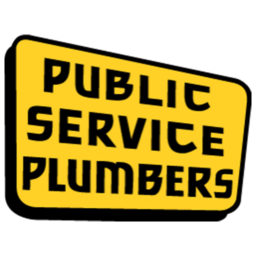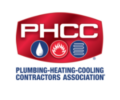Everyone has heard the term “hard water” before. But, what many of us don’t know is what exactly it is. Let’s discuss what it is, the problems it causes, and what you can do to fix it.
First – What is Hard Water?
Hard water is water contaminated with heavy minerals like magnesium and calcium. However, there are two different types of hardness classifications. They are:
Temporary Hardness
Temporary hardness refers to water contaminated with bicarbonate compounds. Generally, the two most common bicarbonate compounds found in temporary hardness are magnesium bicarbonate and calcium bicarbonate. Bicarbonate compounds precipitate from water when you apply heat to the system. So, to get rid of temporary hardness, all you have to do is boil the water.
Permanent Hardness
The second type of hardness is called permanent hardness. Generally, permanent hardness is a result of sulfate and chloride compounds. The two most common sulfates and chlorides found in permanent hardness cases are calcium sulfate/chloride and magnesium sulfate/chloride. However, sulfates and chlorides don’t precipitate when one applies heat to the system. To filter out permanent hardness you’ll need the help of a water softener or another type of ion exchange column.
Second – What Kinds of Problems Does It Cause?
Hard water is a known cause of several plumbing problems. Some of the more common problems associated with hard water include:
- Stained glassware
- Difficulty lathering soap or shampoo
- Dingy and lustless hair
- Mineral deposits on and around plumbing fixtures
- Clogs and drain obstructions
- And more
Third – What Can You Do About It?
Now that you know what it is and the types of problems it can cause, let’s discuss what you can do about it. But, first, you’ll have to determine whether you are experiencing permanent or temporary hardness. Once you know the type of hardness you have, we can recommend the proper procedures for eliminating it.
If you have temporary hardness, then all you have to do to rid yourself of the problem is boil it. This is usually accomplished by using a boiler instead of a conventional heater. But, boiling isn’t enough to remove permanent hardness from your system.
If you have permanent hardness, then you will need an ion-exchange column to remove the contaminates. The most common type of ion exchange column available for personal use is a water softener.
Luckily, the expert plumbers here at Public Service Plumbers can help with boilers and softeners! Whether you want to repair, replace, or install either appliance, we have you covered. Get in touch with our water filtration specialists today!






